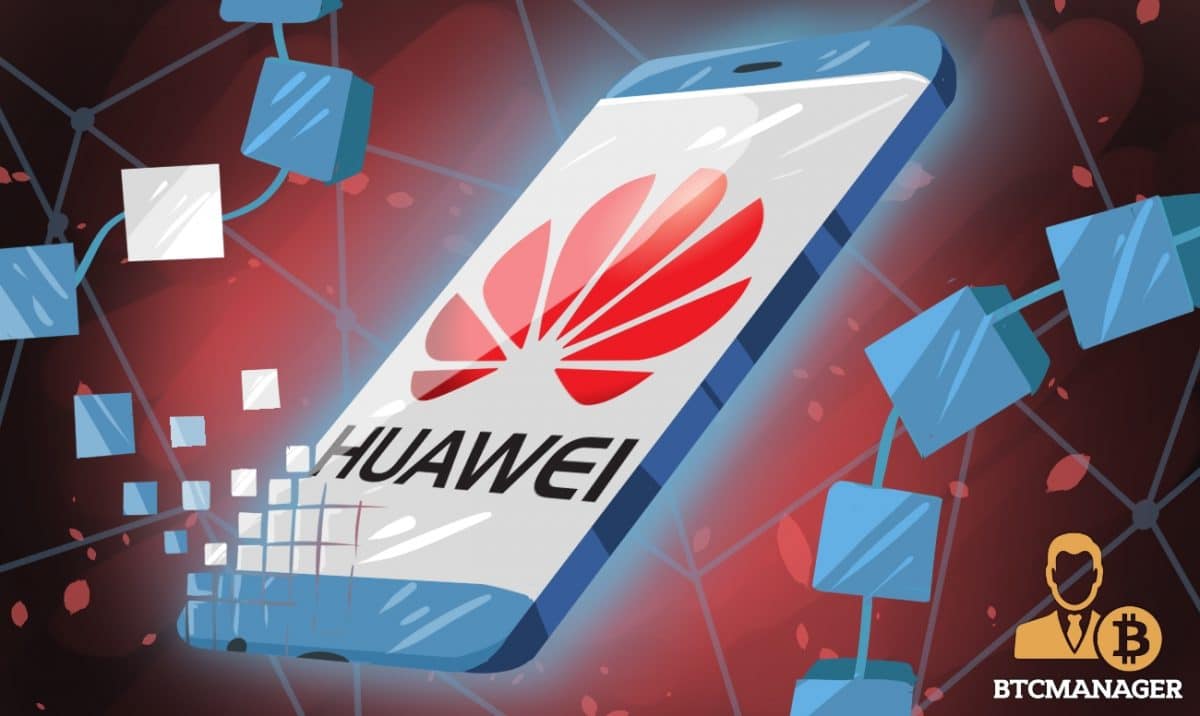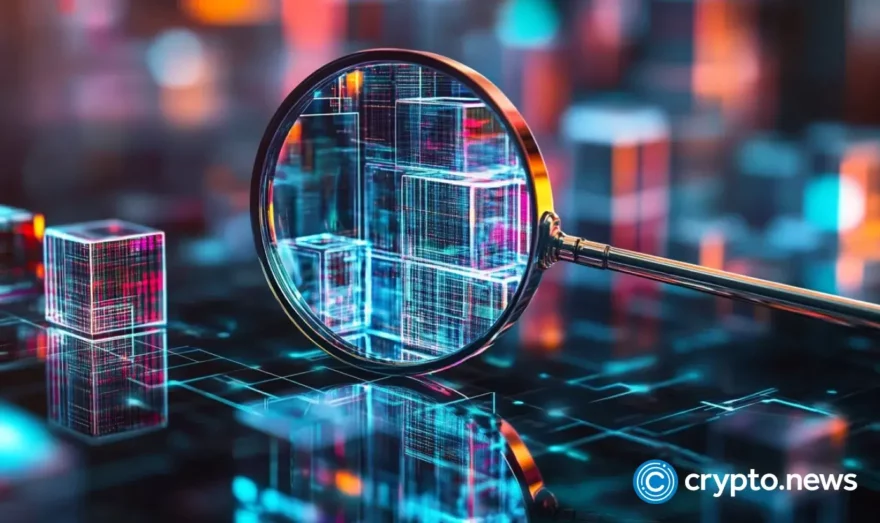Huawei’s Blockchain Directory Linking Chinese Government Institutions is Live

Chinese telecommunications giant Huawei announced the rollout of a blockchain directory for government data that connects over 50 government undertakings to a single network for seamless data propagation. According to Ledger Insight, top brass at Huawei see this as an actionable manner of making data widely accessible and incorruptible, November 19, 2019.
China Blockchain Mania Rages On
Connecting companies via a blockchain and allowing them to trustlessly transmit data to one another has the potential to make business activity a lot more efficient and reliable. Replace private entities with state-owned corporations and government undertakings, and you have a formula for more systematic governance.
Huawei’s government directory connects institutions like the municipal tax authority and the medical insurance bureau over a permissioned ledger. Rather than using a central database where each institution can access whatever data they need, a trusted sharing environment makes this process more structured and effective.
The benefits of such a system are numerous. For example, if the medical insurance bureau is connected to state-owned hospitals, it will be easier for doctors and hospital administrators to figure out if a person has insurance and the extent of their coverage.
Historically, these systems have been isolated, and the interoperability of these databases was seen as a pipe dream. Today, with blockchain, all of this is possible, and information access can be limited to trusted parties with adequate security measures.
Government Blockchains will Never be Permissionless
Many idealists envision a utopian future where governments input all their information on a public ledger that can be accessed and audited by the public. This reduces the scope of corruption but also introduces some very dangerous trade-offs.
Firstly, governments have information on each of their residents and citizens. Making this public compromises individual privacy and makes society as a whole more vulnerable to attacks. Sensitive information falling into the hands of a malicious entity would be crippling in this context.
Second, there is a fine line between transparency and risking national security. Paraphrasing whistleblower Edward Snowden, the general public doesn’t need to know everything, but they deserve to know most things.
Whilst a fully transparent scenario where corruption is eradicated sounds like bliss, the implications are wide ranging and perilous. Governments will adopts blockchains to transfer data between themselves, but the general public will never be able to access most of these networks.














